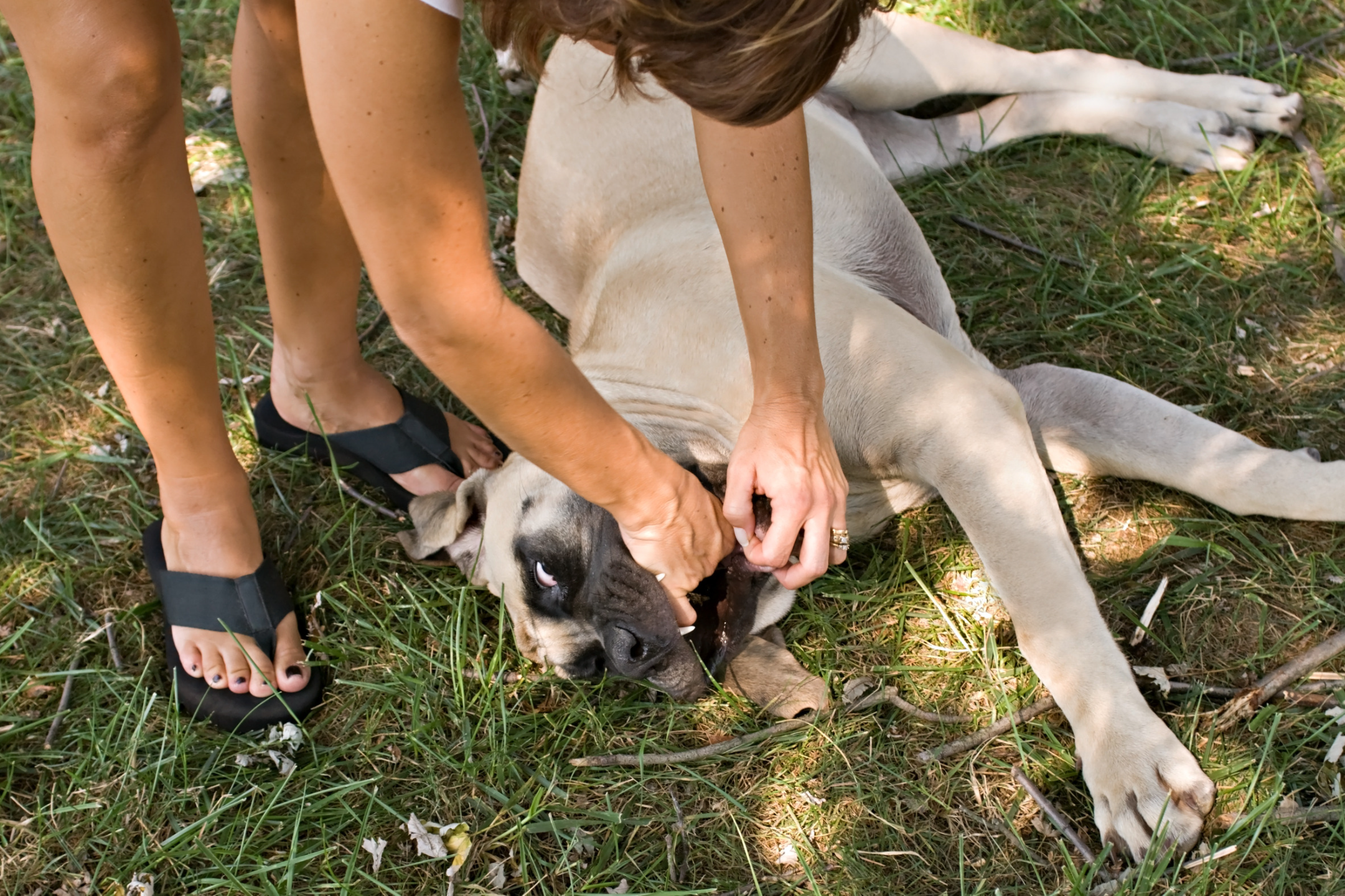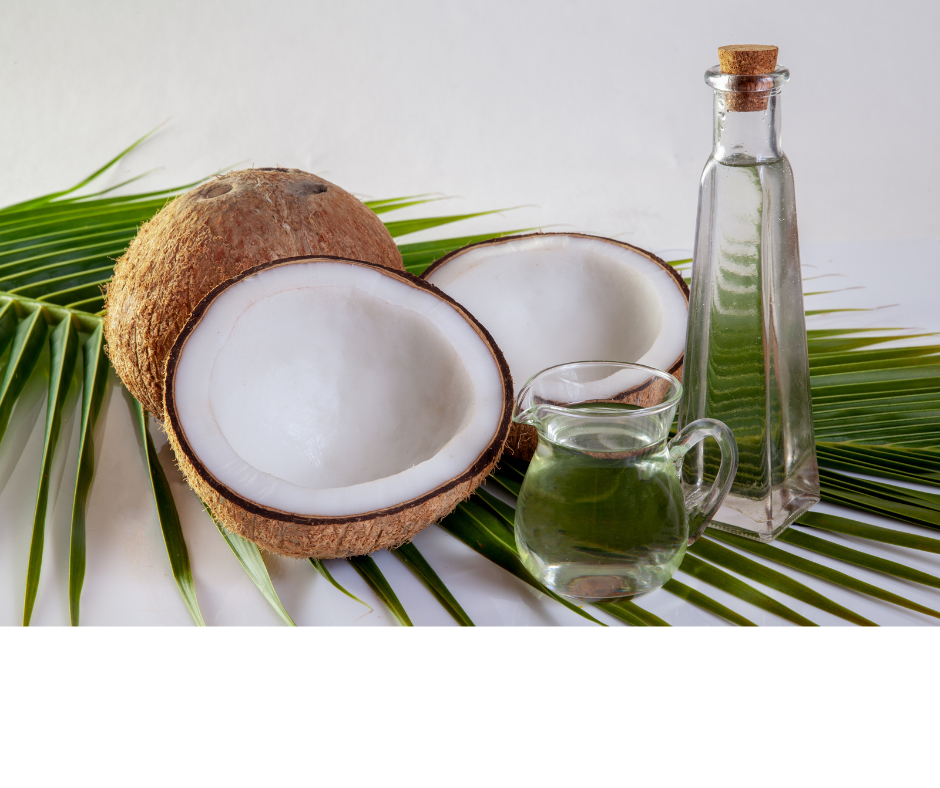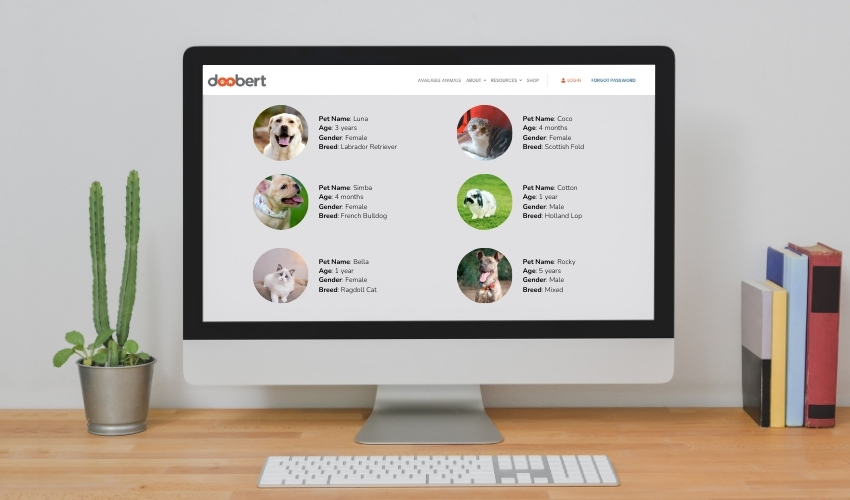For humans, coconut has numerous benefits. We can enjoy the fruit’s meat, oil, and juice. Not only is it delicious, but it’s also nutritious and loaded with health benefits. But what about dogs? Can dogs have coconut? And is it safe or risky? Let’s find out!
Can dogs have coconut?
Yes, dogs can have coconut. It is safe and healthy for dogs, especially when served in moderate amounts. Dogs can eat any part of the coconut fruit, including meat, oil, and juice. Coconut products such as milk and sugar are also edible for dogs, although their intake should be limited to small amounts due to the calories and fat content. Dogs have a lower metabolism than humans, meaning they need fewer calories to stay healthy.
Benefits of Coconuts for Dogs
Coconuts contain essential nutrients like protein, fiber, and essential fatty acids. They also contain vitamins and antioxidants that can improve your dog’s health. Following are some of the many benefits of coconuts for dogs:
1. Coconut oil is good for the skin and coat.
Coconut oil is high in antioxidants and has antibacterial and antifungal properties. It can also soothe irritated skin and coat. Using coconut oil as a hair conditioner can be beneficial to improve the overall health of your dog’s coat. For dogs with allergies or dry skin, coconut oil can also be helpful as a moisturizer. It can also help repair the damaged skin caused by bites or scratches from other pets or children.
2. Coconut water is good for your dog’s hydration and electrolyte balance.
Coconut water is high in electrolytes, essential for maintaining healthy body functions. Plenty of coconut water can keep your dog hydrated and prevents constipation. The electrolytes in coconut water help regulate fluid balance and maintain a healthy body temperature. Studies have shown that dogs who drank coconut water performed better in endurance tests than dogs who did not. This is because coconut water provides a steady supply of electrolytes that are necessary for proper cellular function.
3. Coconut milk is a good source of protein and vitamin C.
Protein is an essential dog nutrient that can help with weight loss and growth. Vitamin C is necessary for building collagen, an integral component of strong bones and muscles. The presence of essential nutrients such as these makes coconut milk a good choice for your dog’s diet. Protein and vitamin C are crucial for maintaining a healthy immune system.
4. Coconut meat is a good source of fiber and iron.
Fiber is vital for your dog’s digestive health and helps prevent constipation. Meanwhile, iron helps to transport oxygen throughout the body, which helps to keep the immune system healthy and to reduce the risk of anemia.
5. Coconut meat also helps decrease inflammation.
Coconut meat is high in lauric acid, an anti-inflammatory substance shown to help relieve pain and other symptoms of inflammation. It also contains compounds called gamma-tocopherol and beta-tocopherol, which have antioxidant properties that may help prevent chronic inflammation and disease.
6. Coconut milk can help with diabetes.
Many studies have shown that dogs with diabetes can benefit from eating coconut milk. Coconut milk can help control blood sugar levels and decrease the risk of heart disease and other complications. The high fiber content of coconut milk can also help to lower blood sugar levels and prevent diabetes-related complications. Studies have shown that coconut milk can also be used to avoid the onset of diabetes in dogs.
Potential Risks of Coconuts to Dogs

Despite the many benefits of coconuts to dogs, there are still some potential risks. The most common dangers of coconuts are allergic reactions and gastrointestinal upset.
Some dogs may be allergic to coconut meat or milk products. Symptoms may include vomiting, diarrhea, loss of appetite, and loss of weight. Moreover, coconut contains medium-chain triglycerides, which may cause bloating and gastrointestinal upset in some dogs. If your dog shows any symptoms after eating coconuts, stop feeding them the food and contact your vet immediately.
Moreover, keep the coconut shell and husk away from your dog because these are hard parts of the fruit and may be harmful if ingested.
Takeaway
Can dogs have coconut? The answer is yes! Coconuts are a delicious, nutritious, and versatile fruit that can significantly benefit your dog’s health and well-being. You can add coconut meat, milk, water, or oil to your dog’s diet for variety and to help promote good health and avoid illnesses. However, ensure that coconut is only given in moderate amounts and that you observe your dog closely for any signs of allergy, gastrointestinal upset, or adverse reactions. If your dog has been showing signs of any of these symptoms after eating coconut, stop feeding them the food and contact your vet immediately.















